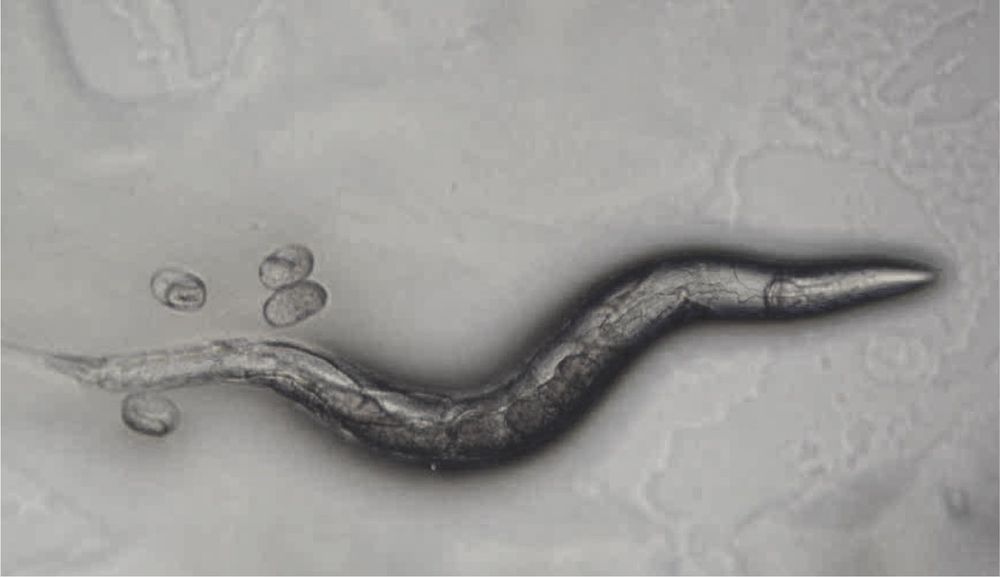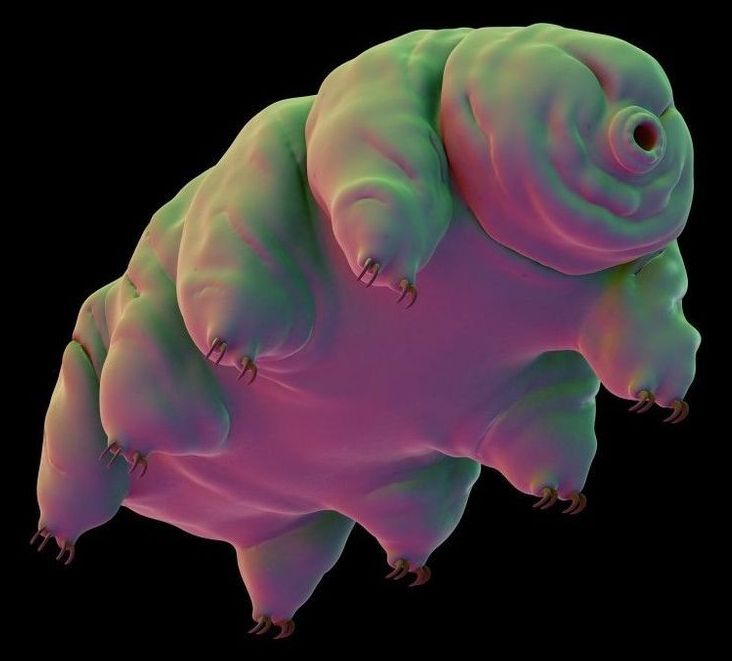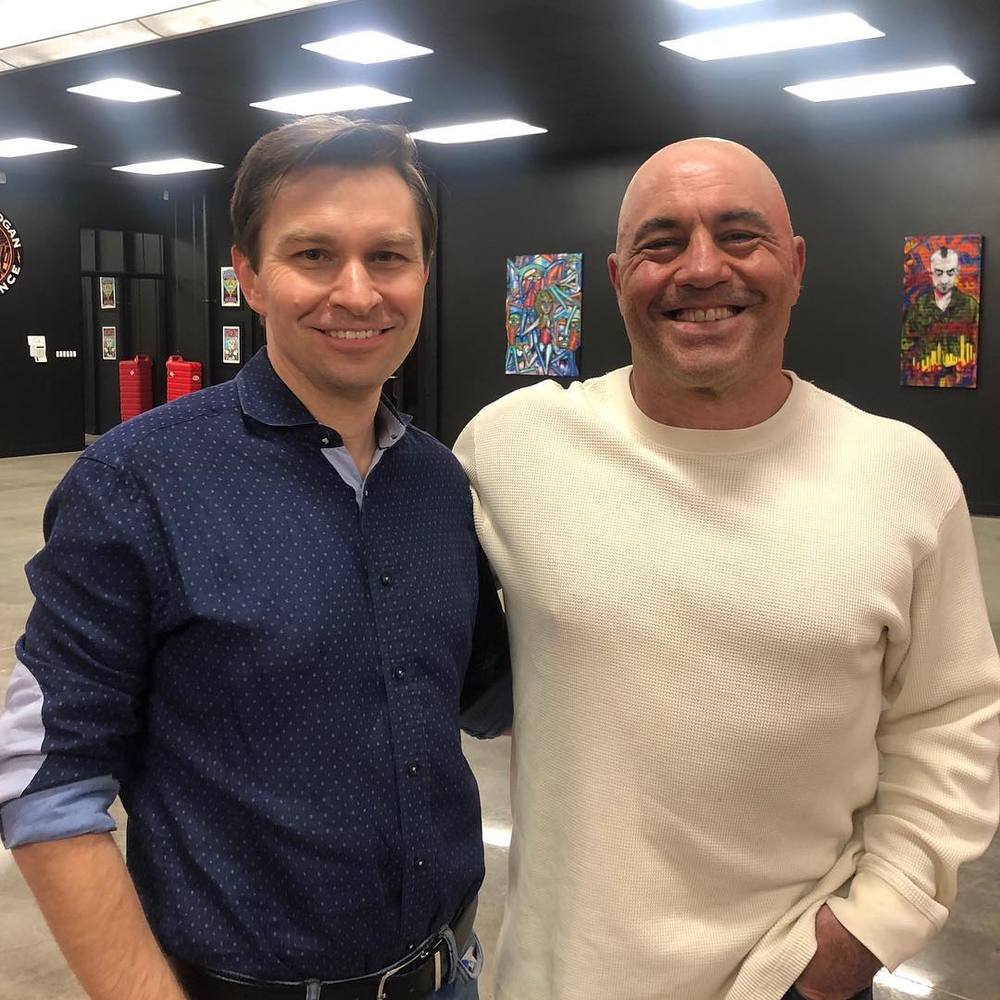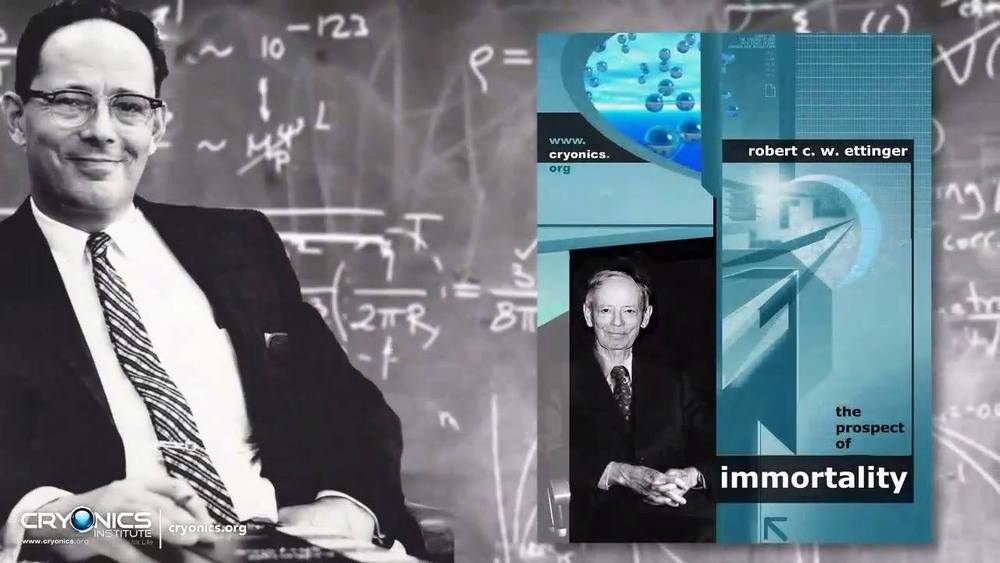
A new, very good article on aging, modern aging research and its history, RAAD feest and other initiatives, on model organisms, genetics and future lifespans. “… In early December 2018, just a few months after RAADfest, I visited the Buck Institute for a daylong symposium titled “Live Better Longer: A Celebration of 30 Years of Research on Aging.” That wasn’t an arbitrary demarcation: Aging is one of the rare areas of modern science with a specific launch date. In this case, it was January 1988, when Tom Johnson, a behavioral geneticist at the University of California, Irvine, published a paper that linked a genetic mutation he named “age-1” to longer lifespans in a transparent, microscopic, mostly hermaphroditic roundworm known in scientific circles as C. elegans. Prior to Johnson’s discovery, aging had not received a lot of attention from researchers. In the 1820s, Benjamin Gompertz, a self-trained mathematician, concluded that humans don’t start to break down at some magic age but are constantly declining and losing the ability to repair themselves, a concept now referred to as the Gompertz law of mortality. The first hint that there might be a cellular mechanism underlying the aging process came more than a century later, in the 1930s, when two Cornell scientists discovered that rats kept on calorically restricted diets lived significantly longer than their more satiated brethren. But overall, the field was mostly known as being a haven for charlatans and quacks peddling immortality elixirs and other magical cures — a reputation that continued even after Johnson’s work was published…In 1993, Cynthia Kenyon, an assistant professor at the University of California, San Francisco, discovered that mutations on a different gene, called daf-2, caused C. elegans to live twice as long as expected. Several years later, Gary Ruvkun, a researcher at Harvard Medical School, showed that these so-called worm-aging genes were closely related to genes in the insulin-signaling system of humans. Around the same time, MIT’s Guarente and some of his colleagues discovered the first of several genes in yeast — which are also present in humans — linked to dramatically extended lifespan…” https://medium.com/s/2069/how-long-will-we-live-in-2069-f03e698f6de2
With this promising research on the horizon, how long might humans live in the future? Fantastical claims to longevity have existed since the dawn of recorded time, but reliable data about maximum human lifespan only dates to the mid-1950s, when the Guinness Book of World Records began independently verifying claims. Even then, initially corroborated ages can end up disproven: On December 27, Russian researchers published a paper arguing that the current world record holder, a Frenchwoman named Jeanne Calment, who said she was 122 when she died in 1997, had stolen her mother’s identity and was actually 99 at the time.
Assuming Calment wasn’t a fraud, since 1955, 46 people have made it to age 115. Nine of them have made it to 117 — and only two, Calment and an American woman named Sarah Knauss, have made it past 117. (Knauss died in 1999 at age 119). Over that same time frame, just under 11 billion people have been alive. That means roughly .0000004204133 percent of people have made it to 115. You’re 79,333 times more likely to get hit by lightning than you are to live to 115; 22,455 times more likely to end up in the emergency room from a golf cart accident; and 11,817 times more likely to get murdered.
Continue reading “How Long Will We Live in 2069?” »

















